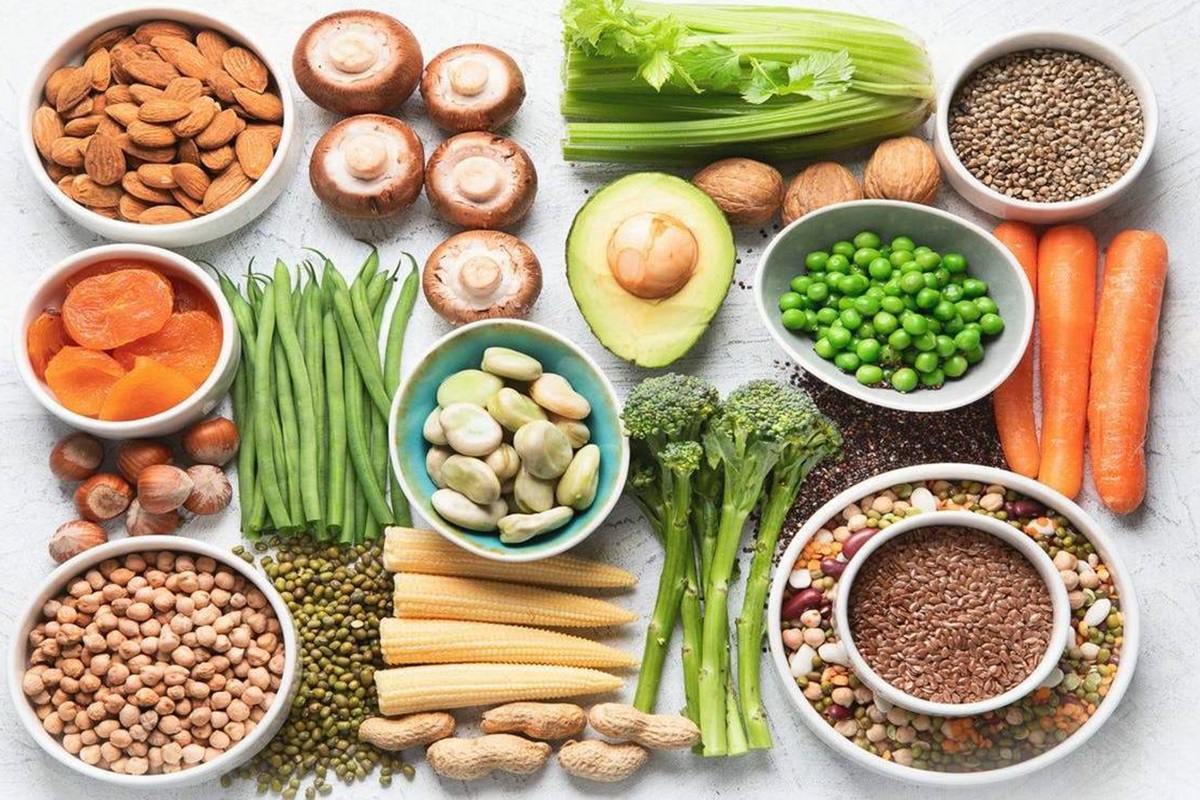 Aman Puri, Founder, Steadfast Nutrition
Aman Puri, Founder, Steadfast Nutrition
The Covid 19 pandemic prompted an increased focus on preventive healthcare the world over both in 2020 and 2021. This highlighted the role of nutraceuticals- particularly immunity boosters- as the first line of defence against the disease. There was a new awakening and also a hype among people that boosting immunity was an effective way to prevent contracting coronavirus and to fight it once infected. Many people lost their lives while others were bedridden. The deadly second wave overwhelmed hospitals, witnessed a shortage of hospital beds and oxygen, causing trauma and panic among people. The high cost of hospitalisation, which caused financial distress to many, resulted in a flurry among people to adopt preventive measures. Immunity-boosters thus emerged as a popular choice.
Nutraceuticals are available in the form of gummies, tablets, powders, and others. They are rich in amino acids, fibres, minerals, vitamins, probiotics, and others, which play a crucial role in improving one’s immunity. There was thus a huge demand and consequently a steep spike in the sale of immunity-boosting supplements. Many nutraceutical brands saw a growth of 30% in the sale of immunity-boosting products. Vitamin C, Multivitamin, Zinc, and herbal blends became out-of-stock from pharmacies because of bulk buying. The first wave of Covid in 2020 helped create awareness and increased the customer base for nutraceuticals.
ALSO READ: Covid-19 Fresh Cases Cross 1 Lakh Mark In Last 24 Hours In India
The brutal second wave of Covid-19 in 2021 further strengthened the position of the nutraceutical sector the world over as people were more scared of getting infected by the virus.
The fillip to nutraceutical sales in the last two years has also been because of doctors prescribing them to Covid patients and survivors. The popular supplements given by doctors include Vitamin D, fish oil, multivitamins, and zinc supplements. Multivitamins and paracetamol were the only treatment provided to Omicron patients at Delhi’s Lok Nayak hospital recently. Vitamin C is a powerful antioxidant, Zinc increases immunity, Vitamin D helps strengthen bones, Vitamin B12 is prescribed to Covid patients for strengthening nerves, while omega-3 fatty acids reduce inflammation. The dosage of these supplements varies from person to person. Curcumin supplements have also flown off the shelves of many pharmacies because of their antimicrobial and anti-allergic properties and ability to tackle inflammation, a common fallout of Covid-19. Popular bestsellers include HerbFast, Curcumin, Steadfast Fish Oil, and Steadfast Multivitamin.
Covid-19 also taught people about the importance of health, fitness, and eating habits. The growing awareness regarding the significance of optimum nutrition has been favourable for the growth of the nutraceuticals industry. Parents whose children are fussy about consuming leafy green vegetables are increasingly opting for easily available chewable nutraceutical supplements which are considered safe for children. To make these supplements more appealing, manufacturers have come up with several different shapes and flavours.
ALSO READ: Omicron Is Hospitalising Killing People WHO Chief
Even after the Covid 19 pandemic lowers in intensity, preventive healthcare measures such as nutraceutical supplements will continue to be a part of people’s lives. There has been a visible change in consumer’s preferences, which has shifted from curative to preventive care.
There is a lot of scope for the nutraceutical industry in India to flourish further with governmental support, particularly in the backdrop of the Covid-19 pandemic. About 14% of the Indian population is undernourished. The government has taken several measures through initiatives like the Integrated Child Development Services (ICDS), National Health Mission (NHM), and the mid-day meal scheme but much more needs to be done to protect this segment- particularly the downtrodden- who are more vulnerable to Covid-19 because of their low immunity. The nutraceutical industry can play an important role by bridging the gap between government programmes and recipients.











